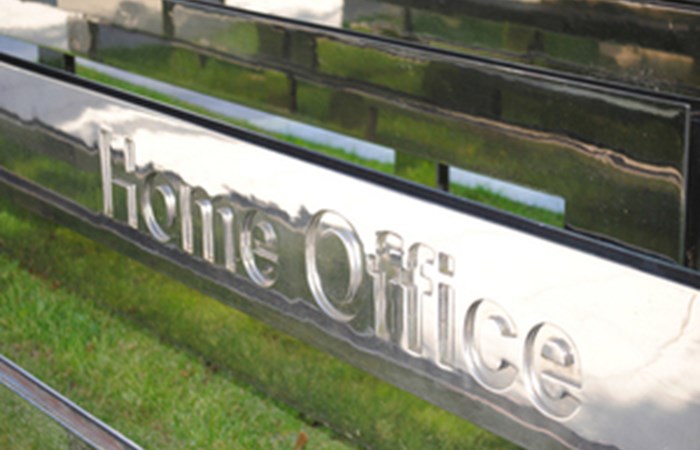Home Office

In a radical shift from crisis response to early intervention and prevention, the government has today announced it is to increase the committed funding to 80 million to protect women and girls from violence, as part of a new VAWG strategy.
This will transform the system meaning more women and girls can escape the risk of violence early on.
A new VAWG Service Transformation Fund comes into effect in 2017. This will promote projects which are leading the way in stopping violence before it happens, preventing abusive behaviour from becoming entrenched, and establishing the best ways to help victims and their families.
This significant boost to the funding, announced on International Womens Day, will see Government working with local areas to deliver a secure future for refuges and other specialist accommodation, as well as Female Genital Mutilation (FGM) and Forced Marriage Units.
As part of the early intervention work and to break the cycle of violence, the government will work with local authorities on changing the attitudes and behaviours of perpetrators, to make sure rehabilitation, mental health interventions and other appropriate perpetrator programmes are in place.
New technologies will be harnessed as part of this strategy, such as body-worn cameras or GPS tracking which are vital in offering greater protection to victims. The government is encouraging police forces to use these new technologies and digital policing, and will support them in introducing new methods.
Minister for Preventing Abuse, Exploitation and Crime Karen Bradley said:
The government is serious about stopping violence against women and girls and has made it a priority. No one should live in fear of these crimes.
That is why we have increased funding to 80 million for the next 4 years. We are determined to stop women and girls from becoming victims in the first place, which means funding services which will provide support and intervene as early as possible to stop the cycle of abuse.
Through our strategy we are making preventing violence against women and girls everyones business. It is vital government, the police, local authorities and service providers work together to help women get out of dangerous situations early, and stop perpetrators from moving from one victim to the next.
Education Secretary and Minister for Women and Equalities Nicky Morgan said:
It is unacceptable for anyone to live in fear of violence. As Minister for Women and Equalities, I am determined to see an end to these crimes so that every woman feels safe, empowered and able to fulfil their full potential.
It is important that we focus on prevention which is why we are improving the quality of PSHE in our schools and raising awareness of abusive behaviour through our campaign on consent, so young people know how to protect themselves and others.
A new National Statement of Expectations (NSE) will set out for the first time a clear steer from government on what is expected from local councils. Areas will be supported through a new network of local and national experts and a range of tools and guidance to transform their services to meet the needs of all victims.
A new fund from the Department for Communities and Local Government will support the provision of refuges, and other forms of specialist accommodation. This 2-year fund will be available to local areas who can demonstrate that they are taking steps towards meeting the NSE, and will help them provide specialist accommodation based on an assessment of local need, recognising the national importance of this provision.
Communities Minister Baroness Williams of Trafford said:
Nobody should have to face domestic abuse which is why we are determined to do more to eradicate violence against women and girls.
We have secured significant funding over the next 4 years to ensure local authorities put in place the necessary services to ensure no woman who is facing violence is turned away from the support she needs.
The new VAWG strategy also underlines the UKs leading role in tackling violence against women and girls around the world. Britain is the worlds largest donor to the African-led campaign to end FGM and is working to end child marriage in 12 of the worst-affected countries.
International Development Secretary Justine Greening said:
One in three women worldwide are beaten or go through sexual violence in their lifetime. That is totally unacceptable, and Britain is leading the global effort to bring an end to violence against women and girls.
We are also challenging the beliefs and attitudes that condone this violence, and helping millions of girls and women in the worlds poorest countries to get an education and a job. This is not just about basic human rights, its about fully unlocking the potential of half the worlds population.
